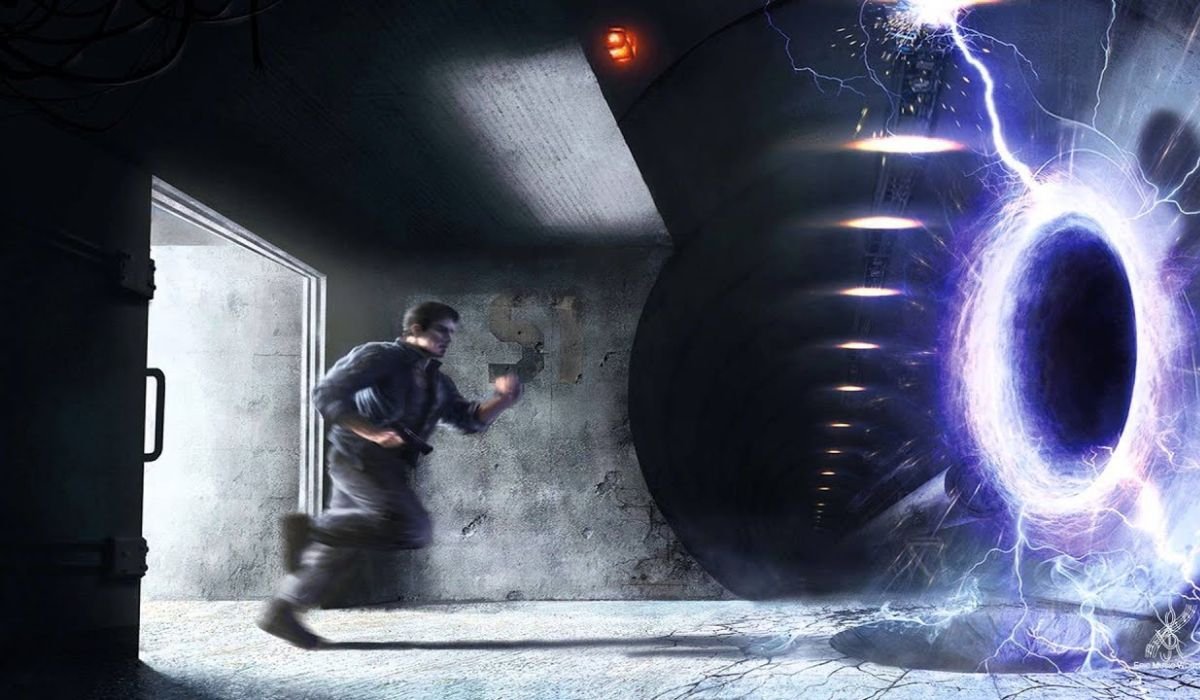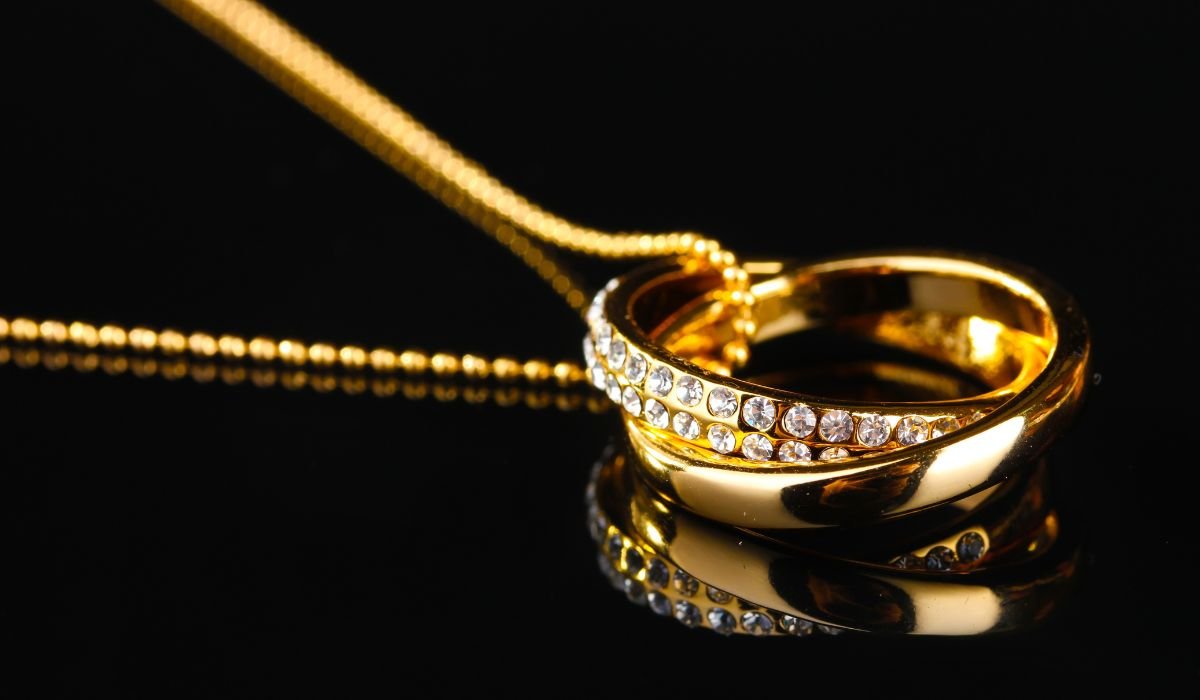Introduction
In the world of rock music, few announcements stir as much excitement and skepticism as a band’s farewell tour. The term “farewell tour” has almost become mythical, often promising an emotional send-off for fans. Yet, there’s a twist—many bands, including Deep Purple, have embarked on what has been dubbed a “fake farewell tour,” leaving fans wondering if it’s truly the end or just the beginning of another chapter.
Deep Purple, a legendary band that has defined the sound of rock for decades, announced their farewell tour, which sent shockwaves through their fan base. This blog post will explore the phenomenon of the deep purple fake farewell tour, examining its impact on fans, the band’s enduring legacy, and the controversy it sparked.
In this article, we’ll unravel the myth of the farewell tour, look into Deep Purple’s historical significance, explore the psychology behind such marketing strategies, and discuss the ethical considerations involved. By the end of this article, you’ll have a comprehensive understanding of the deep purple fake farewell tour and its implications on the music industry.
The Myth of the Farewell Tour
The Announcement
The initial announcement of Deep Purple’s farewell tour was met with a mix of excitement and disbelief. For many, it was an opportunity to see their favorite band perform one last time. Fans took to social media to express their emotions, sharing memories of past concerts and speculating about the tour’s setlist. Media outlets covered the announcement extensively, further fueling the anticipation.
The promise of a farewell tour often carries a sense of finality, making it a must-see event for dedicated fans. Deep Purple’s announcement was no different, capturing the attention of both longtime followers and new listeners eager to experience the legendary band live.
The Tour Itself
When the tour commenced, fans were treated to electrifying performances that celebrated Deep Purple’s illustrious career. The setlists included classic hits like “Smoke on the Water” and “Highway Star,” mixed with newer tracks that showcased the band’s evolving sound. Each performance was a testament to Deep Purple’s musical prowess and stage presence, leaving audiences in awe.
The stage production was nothing short of spectacular, with elaborate lighting and visuals enhancing the live music experience. Fans left each concert with cherished memories, knowing they had witnessed something truly special.
The Controversy
However, the tour was not without controversy. Some fans accused the band of false advertising, claiming that the farewell tour label was misleading. Rumors of additional tour dates and future projects only added to the skepticism. Many began to question if this was truly farewell or just another chapter in Deep Purple’s ongoing saga.
Despite the controversy, the tour achieved its goal of drawing huge crowds and generating buzz. For some, it was the experience of a lifetime, while others felt a sense of betrayal. The deep purple fake farewell tour sparked debates about the authenticity of such announcements and the motives behind them.
Deep Purple’s Enduring Legacy
A Brief History
Deep Purple’s history is a testament to their impact on rock music. Formed in 1968, the band quickly rose to prominence with their innovative sound and powerful performances. Albums like “Machine Head” and “In Rock” became cornerstones of hard rock, influencing countless artists and shaping the genre’s future.
Throughout their career, Deep Purple has gone through several lineup changes, each bringing new talent and perspectives to the band. Despite these changes, their music has remained timeless, continuing to resonate with audiences across generations.
The Impact on Rock Music
Deep Purple’s influence on rock music is immeasurable. They played a pivotal role in the development of hard rock and heavy metal, pushing the boundaries of what rock music could be. Their innovative use of guitar riffs, organ melodies, and powerful vocals set a new standard for the genre.
Bands like Metallica, Led Zeppelin, and Black Sabbath have cited Deep Purple as a major influence, highlighting their contribution to the evolution of rock music. The deep purple fake farewell tour served as a reminder of the band’s lasting legacy and their place in rock history.
The Mythical Guitarists
Deep Purple’s sound has been shaped by some of the most legendary guitarists in rock history. Ritchie Blackmore, known for his virtuosic playing and iconic riffs, played a crucial role in defining the band’s early sound. His influence can still be heard in rock music today.
Following Blackmore’s departure, the band welcomed Steve Morse, whose technical proficiency and melodic sensibility brought a new dimension to Deep Purple’s music. Each guitarist has left an indelible mark on the band’s sound, contributing to their enduring legacy.
The Psychology Behind Fake Farewell Tours
The Marketing Strategy
The concept of a farewell tour holds immense psychological appeal for fans. It creates a sense of urgency and exclusivity, encouraging fans to buy tickets and experience the band live before it’s too late. This strategy not only boosts ticket sales but also generates media attention and fan engagement.
For Deep Purple, the announcement of a farewell tour was a powerful marketing tool, drawing in audiences eager to witness what could be the band’s final performances. The deep purple fake farewell tour capitalized on this psychological phenomenon, ensuring packed venues and enthusiastic crowds.
The Financial Implications
From a financial perspective, farewell tours can be highly lucrative for both bands and promoters. They offer an opportunity to charge premium prices for tickets, merchandise, and VIP experiences, maximizing revenue potential. The allure of a final tour can lead to increased demand and higher profits.
For Deep Purple, the farewell tour was not only a celebration of their career but also a strategic financial decision. By leveraging the emotional connection fans have with the band, they were able to achieve significant commercial success.
The Ethical Considerations
Despite the financial benefits, the practice of misleading fans with false promises of farewell tours raises ethical concerns. Fans invest time, money, and emotions into attending these events, believing they are witnessing a significant moment in the band’s history.
Critics argue that such practices can erode trust between artists and their audience, potentially damaging the band’s reputation. For Deep Purple, the deep purple fake farewell tour prompted discussions about the ethical implications of using farewell tours as a marketing strategy.
You May Also Like: Jaart011 Pioneering a Technological Revolution
Conclusion
In conclusion, the deep purple fake farewell tour was a complex and multifaceted event that sparked both excitement and controversy. For fans, it offered an opportunity to experience a legendary band live, creating memories that will last a lifetime. However, it also raised questions about the authenticity of farewell tours and the motivations behind them.
Deep Purple’s enduring legacy is a testament to their impact on rock music and their ability to captivate audiences across generations. While the controversy surrounding the farewell tour may linger, the band’s influence on music history remains undeniable.
For those interested in exploring the world of rock music further, additional resources and insights are available. Whether you’re a longtime fan or new to Deep Purple’s music, there’s always more to discover and appreciate.
FAQs
- What is the Deep Purple fake farewell tour?
The Deep Purple fake farewell tour refers to the band’s announcement of a farewell tour that later raised controversy over its authenticity. Fans questioned whether it was truly the band’s final tour or a marketing strategy to boost ticket sales.
- Why do bands announce fake farewell tours?
Bands announce fake farewell tours to create excitement, urgency, and exclusivity among fans. This marketing strategy can boost ticket sales, generate media attention, and maximize revenue potential for both artists and promoters.
- What impact has Deep Purple had on rock music?
Deep Purple has had a profound impact on the development of hard rock and heavy metal music. Their innovative sound and powerful performances have influenced countless artists and helped define the genre’s evolution.
- Who are some of the legendary guitarists associated with Deep Purple?
Deep Purple’s sound has been shaped by legendary guitarists such as Ritchie Blackmore and Steve Morse. Each guitarist has contributed to the band’s unique sound and played a significant role in their enduring legacy.
- Are there ethical concerns with fake farewell tours?
Yes, there are ethical concerns with fake farewell tours, as they can mislead fans and erode trust between artists and their audience. Critics argue that such practices can damage a band’s reputation and raise questions about the authenticity of their announcements.











